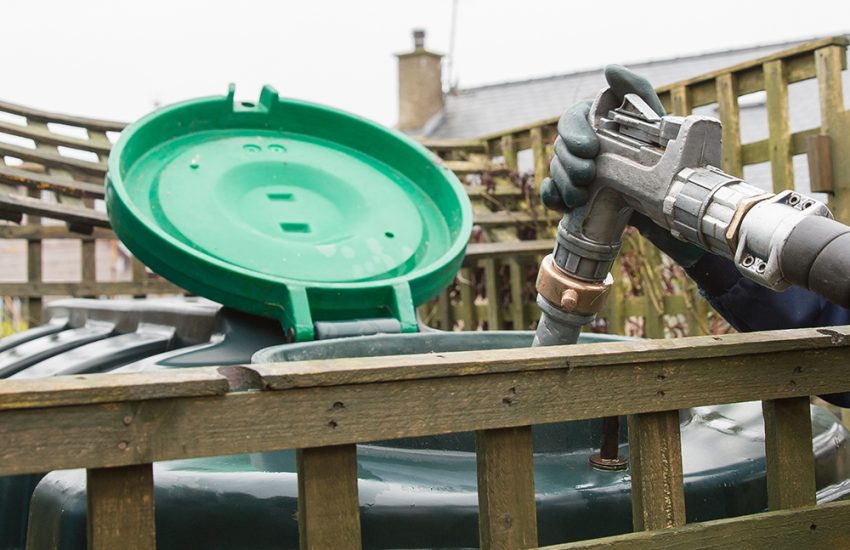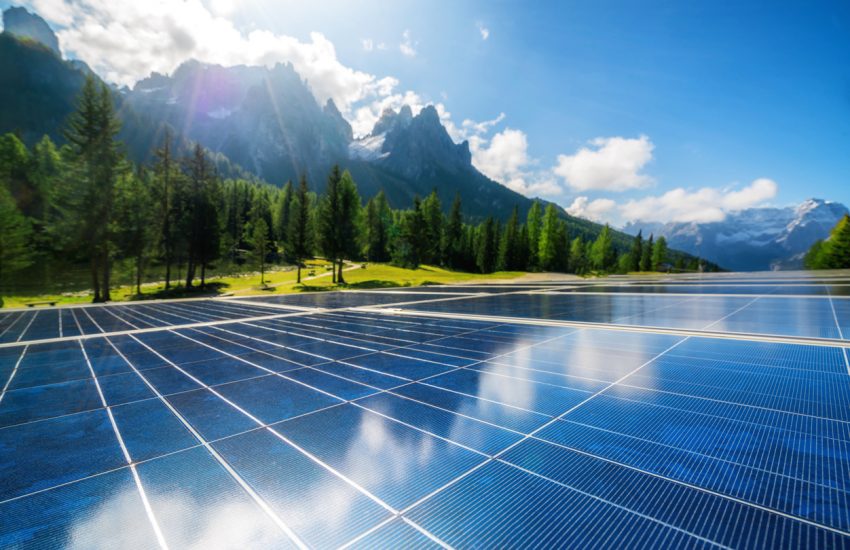As promised in our November 2018 blog post, “ATSDR PFAS Update: No Final Report Yet, But Further Guidance on Minimal Risk Levels and Drinking Water Concentrations,” we are providing an update on the Agency for Toxic Substances and Disease Registry’s recent release of its final Toxicological Profile for Perfluoroalkyls (Tox. Profile). This represents the ATSDR’s final guidance on these substances.
The purpose of the toxicological profile is to “succinctly characterize[] the toxicologic and adverse health effects information for these toxic substances…,” which are developed under …
Continue Reading









